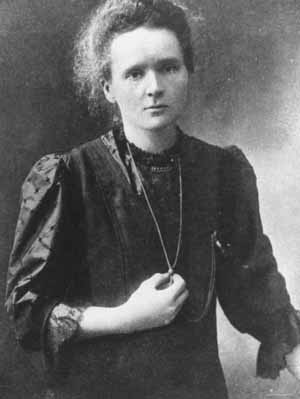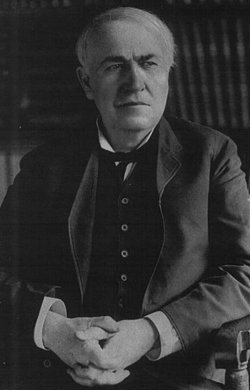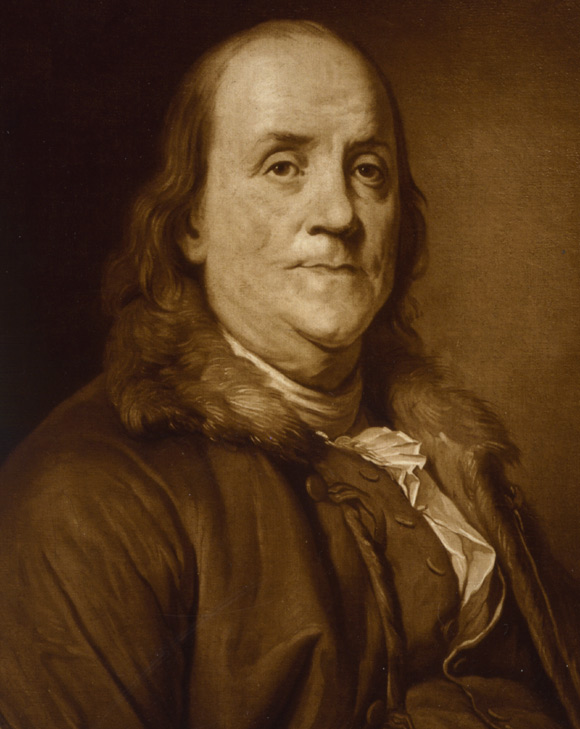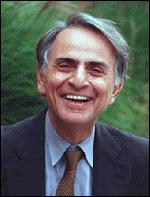Marie Curie
Marie Curie (7 November 1867-4 July 1934)-She was a physicist and chemist of Polish upbringing and, subsequently, French citizenship. She was a pioneer in the field of radioactivity, the first person honored with two Nobel Prizes, and the first female professor at the University of Paris.
Thomas Alva Edison
Thomas Alva Edison (February 11, 1847 - Oct. 18, 1931)-He was an American inventor who, singly or jointly, held a world record 1,093 patents. In addition, he created the world's first industrial research laboratory.
Benjamin Franklin
Benjamin Franklin (January 17, 1706 April 17, 1790)-He was one of the Founding Fathers of the United States of America. A noted polymath, Franklin was a leading author and printer, satirist, political theorist, politician, scientist, inventor, civic activist, statesman, and diplomat. As a scientist, he was a major figure in the Enlightenment and the history of physics for his discoveries and theories regarding electricity. He invented the lightning rod, bifocals, the Franklin stove, a carriage odometer, and the glass 'armonica'.
Galileo Galilei
Galileo Galilei (February 15, 1564 - January 8, 1642)-He was a Italian physicist, mathematician, astronomer, and philosopher who played a major role in the Scientific Revolution. His achievements include improvements to the telescope and consequent astronomical observations, and support for Copernicanism.
Carl Sagan
Carl Edward Sagan (November 9, 1934 December 20, 1996)-He was an American astronomer and science popularizer. He pioneered exobiology and promoted the Search for ExtraTerrestrial Intelligence (SETI). He is world-famous for his popular science books and the television series Cosmos, which he co-wrote and presented. In his works he frequently advocated the scientific method.





